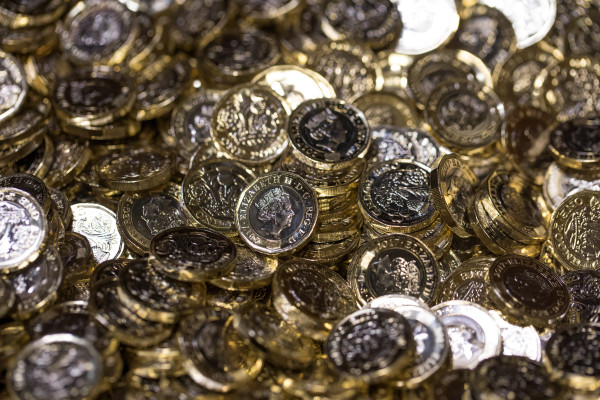

Investors expecting UK interest rates to rise could be in for a “long wait”, according to Ben Brettell, senior economist at Hargreaves Lansdown.
He said the market is currently “pricing in” a 50 per cent chance of interest rates rising this year, and a 33 per cent chance of a rise within the next six months.
But with inflation having peaked that looks “too optimistic”, he said.
Mr Brettell said: “Having said this repeatedly over the last few years I feel like a broken record, but I still believe those hoping for higher rates could be in for a long wait.”
He said recent economic data points to UK inflation having peaked, as the post-EU referendum induced the fall in the value of sterling has worked through the system.
The economist said that producer prices are a useful guide to the future direction of inflation. He noted that in the most recent set of data, this measure saw its sharpest fall in five years.
Producer price inflation is regarded by economists as an indicator of the future direction of inflation because producers would be expected to pass any increase in costs they face onto consumers.
Mr Brettell said that beyond the impact of the fall in the value of the currency, “there doesn’t seem to much underlying inflationary pressure in the economy".
He said the main driver of long-term inflation is usually wage costs, adding wage growth remains below long-term averages with weak productivity and technological change keeping people's pay surpressed.
The economist said that demographics are also playing a role in restraining inflation. He said the proportion of the UK population that is older has grown in recent years, and as the old consume less than the young, this is contributing to weak inflation.
Mr Brettell said: “All in all I see greater deflationary forces than inflationary in the global economy at present.”
He added: “In the immediate aftermath of the financial crisis, the Bank of England was prepared to tolerate inflation in excess of 5 per cent without lifting interest rates. With underlying inflationary pressures thin on the ground, economic growth anaemic at best, and the threat of Brexit hanging over the economy..I can’t see why (the Bank of England) would risk raising interest rates now.”
He said even if the Bank of England did decide to reverse the cut in interest rates they implemented immediately after the EU referendum result, it could be that rates would then not move for a decade.
Guy Stephens, technical investment director at Rowan Dartington, said recent volatility in equity markets has been the consequence of investors worried about tighter monetary policy across the world.
In his view, equities will continue to be an attractive asset class until interest rates “normalise” at around 3 per cent, something which, in his view, is years away.
So Mr Stephen’s view is that with the market expecting an interest rate rise and so pushing down equity valuations, shares are now cheap.
Adrian Lowcock, investment director at Architas, said interest rates staying lower for longer benefits the UK economy because it gives home owners and potential buyers more certainty about the future level of their expenditure, and such certainty encourages spending, which boosts the economy.



